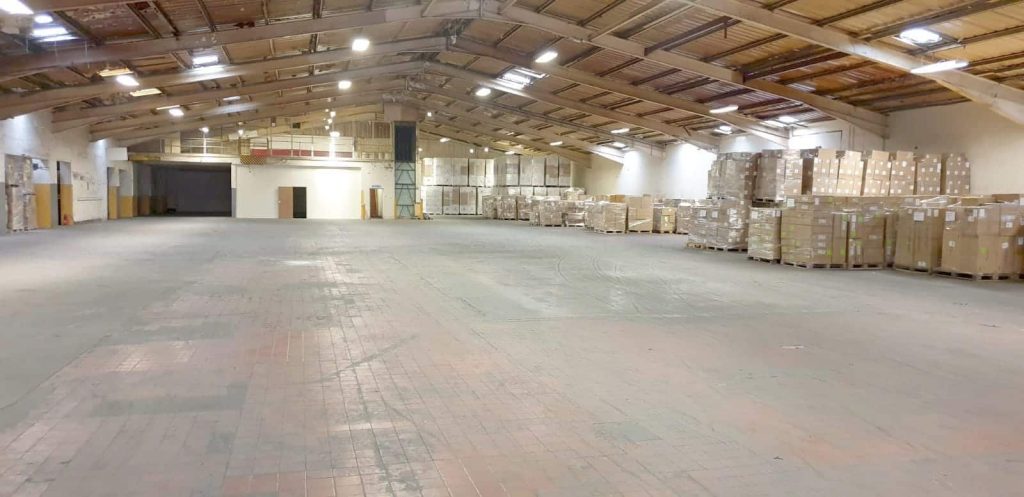In the dynamic landscape of supply chain management, the future of warehousing is poised for a revolutionary transformation marked by logistical brilliance. This evolution is driven by a confluence of cutting-edge technologies, innovative processes, and a heightened emphasis on sustainability. One of the key drivers propelling this change is the integration of artificial intelligence AI and machine learning ML into warehouse operations. These technologies enable predictive analytics, optimizing inventory management, and forecasting demand with unparalleled accuracy. Warehouses of the future will not merely be storage facilities but intelligent hubs capable of anticipating market trends and adapting swiftly to changes. This predictive prowess not only minimizes the risk of stockouts or overstock situations but also enhances overall efficiency. Automation is another cornerstone of the future warehouse, with robotic systems becoming integral to day-to-day operations.

From autonomous mobile robots AMRs navigating through aisles to robotic arms handling intricate picking tasks; automation streamlines processes, reduces human errors, and significantly enhances speed and precision. This shift towards automation is not just a cost-cutting measure; it is a strategic move to optimize resources and boost productivity. In these technologically advanced warehouses, human workers collaborate seamlessly with robots, focusing on more complex tasks that require critical thinking and problem-solving skills. Furthermore, the implementation of the Internet of Things IoT transforms warehouses into interconnected ecosystems. Smart sensors and RFID technology enable real-time tracking of inventory, providing granular visibility into the supply chain. This level of transparency not only reduces the chances of lost or misplaced items but also allows for proactive maintenance of equipment, preventing potential breakdowns. The result is a leaner, more responsive warehousing system capable of meeting the demands of the modern, fast-paced market.
Sustainability is a driving force behind the future of warehousing, with a growing emphasis on eco-friendly practices. Electric vehicles, solar panels, and energy-efficient lighting systems are becoming standard features in warehouses aiming to reduce their carbon footprint. The adoption of sustainable packaging materials and warehousing in Birmingham the implementation of recycling initiatives further contribute to environmentally responsible warehouse management. This commitment to sustainability not only aligns with global efforts to combat climate change but also resonates with consumers who increasingly prioritize environmentally conscious brands. the future of warehousing is marked by logistical brilliance, where technological advancements converge with sustainable practices to create highly efficient and adaptive supply chain ecosystems. As warehouses evolve into intelligent, automated, and eco-friendly hubs, they are poised to not only meet the demands of today’s market but also shape the trajectory of the logistics industry for years to come.